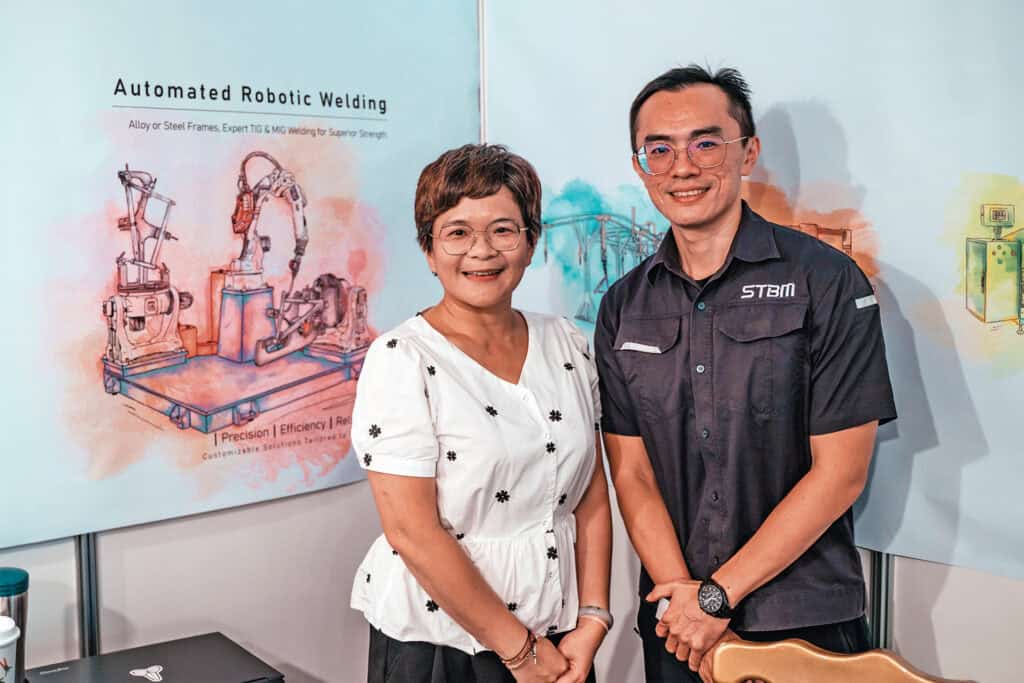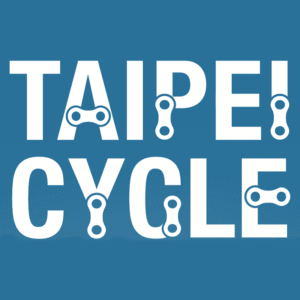With nearly 50 years of company history, Shuz Tung Machinery is a familiar name in the Taiwanese cycling industry. Last year’s Taichung Bike Week saw the company grabbing attention with not one, but two innovations.

“We have invested heavily in innovation over the past few years,” said Sales Manager Joy Huang right at the start of our visit to the Shuz Tung Machinery booth at Taichung Bike Week 2024. It’s a statement that immediately caught our attention, as with its 45-year history – Shuz Tung was established in 1979 – the Taichung-based company is a well-established player in the Taiwanese cycling industry. “Essentially, any company looking to produce bicycles or bike components can find all the necessary machinery with us. But at this year’s Taichung Bike Week, we primarily want to focus on two topics that will take manufacturing to the next level,” said Huang.
The first topic is automatic integration for metalwork technologies, which involves programming and equipping industrial robots and implementing automated production in factories. “Automation drives productivity and profitability,” said Huang, highlighting the polishing and cutting process in tube production as an example. Factories that struggle to find workers or want to automate their workflows can seamlessly integrate this solution into their production process. Shuz Tung now provides up-to-date solutions in this sector, “including machines with IoT capabilities to set up smart factories,” Huang added.
Huang then turned to the topic of sustainability. For factories looking to save energy and reduce their carbon footprint, Shuz Tung also has a solution. In its hydroforming lines, which involve several hydraulic machines, hydraulic motors have been replaced by servo motors. This is expected to reduce oil consumption significantly in factories and lower energy use. Huang mentioned a reduction of up to 20 percent. “If a company is looking to set up a production line and wants to make it as energy-saving as possible, they are more than welcome to stop by our booth,” Huang stated.


